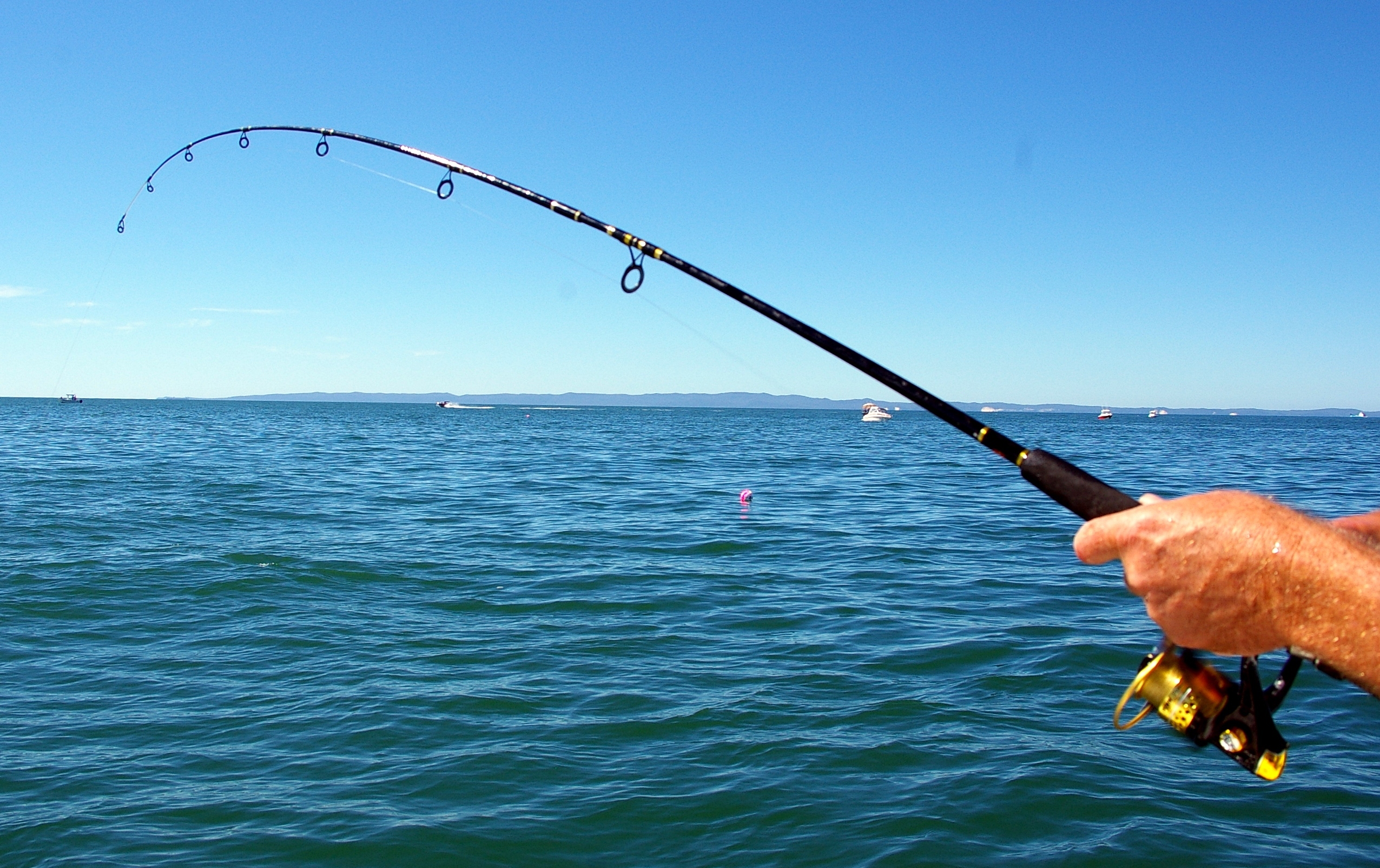Wilderness Survival: Catching Fish With Traps, Hooks and Spears

Along with securing a source of clean water and building a fire, finding food is key to emergency wilderness survival. Fish are a ready source of available food in most ecosystems, and an especially convenient one, assuming you’re already near a body of water. Compared to other animals, fish don’t require much effort or many resources to catch.

There are multiple ways to catch fish without angling, including building a trap, a stakeout or a fish snare. If you’ve got the patience, you could even spear fish. Even if you’re not in an emergency survival situation, you could use these fish-trapping techniques to feed yourself on a camping or backpacking trip.
A fish trap is an easy way to catch numerous fish while you’re off doing other things, like trying to send a message to rescuers or even just enjoying a hike. Fish traps aren’t complicated to construct; you can build one easily using sticks.
Construct a pool in the shallower waters near the shore by jamming sticks upright into the river or lakebed. If there’s a current, make sure it flows into your pool. Build three sides, leaving the side facing the current open.
Then, jam more sticks into the riverbed to form a V-shaped funnel leading into the pool, with an opening big enough for a fish to swim through. The fish will find their way into your pool, but won’t be able to swim back out. You can pick them off easily with a spear or with your hands.
If you’re on the seashore, wait until high tide and look for natural pools along the shore where fish congregate. When the tide goes down, close off the pools with a pile of rocks. When the tide comes and goes again, you’ll find fish trapped in your pools.
If fish traps aren’t your style, you can carve fish hooks from wood or bone. Make a gorge hook by carving a tiny piece of hardwood or bone until it’s sharp on both ends. Bait the hook lengthwise so that the bait covers both points. The fish will swallow the hook whole, and it will stick in its gorge, hence the name.
Stakeouts and fish snares both rely on fish hooks and line or cord. To set a stakeout, drive two saplings into the bed of a river, lake, pond or stream. String your fishing line or cord between them under the surface of the water. Attach your baited fish hooks or gorge hooks to the line using shorter lengths of cord. Make sure that they can’t tangle with each other or the saplings.
A fish snare is a similar option that’s good for ice fishing. You’ll need a forked branch to act as a prop, several rocks, and a straight branch to act as a fishing pole. Stack rocks around the base of your prop so that it stands upright, or bury the end in the ice.
Tie your baited fish hook to the pole as you would if you were angling, but attach a rock to the other end of pole. This rock should keep the pole from sliding through the fork of the branch. Any fish that bite your hook will stay in the water, safe from scavengers, until you pull them out.
Spearfishing takes patience, stealth, and good reflexes. You can make a spear by sharpening a stick, or by attaching your pocket knife to the end of a stick.
To spearfish, you’ll need to find an area where the water is about waist-high and where there are plenty of fish. Stand quietly until a fish comes within spearing distance; when it gets close, slowly move the tip of your spear toward the fish. Remember to allow for the refractory effect of the water.
The trick to spearing a fish is don’t let go of the spear. Instead, quickly and forcefully thrust the spear through the fish. If you get the fish, reach down with your other hand and pull it out of the water; don’t try to lift it out with the spear itself. It could slip off.
Fish are a plentiful food source in most wilderness environments and relatively easy to harvest. These survival fishing techniques allow you to simultaneously set numerous traps for catching fish, increasing your chances of a good haul.
About the Author: Steve Manley is the president of Globalcom Satellite Communications, a leading distributor of satellite phones for both purchase and rental. The next time you’re planning to go out into the wilderness, visit http://www.globalcomsatphone.
